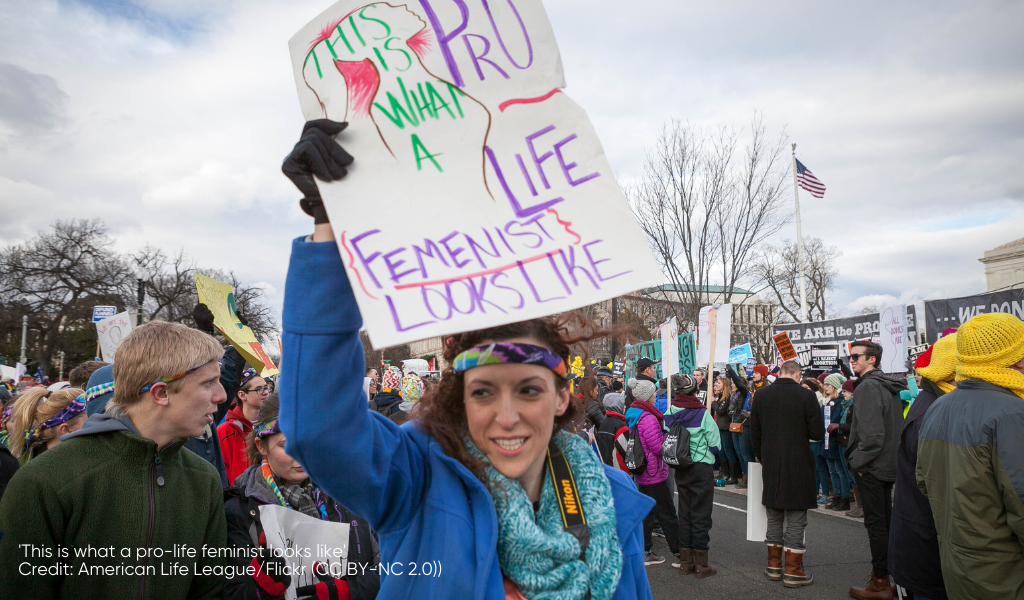Bangladesh has a rich history of social and political struggles and movements for independence, democracy, constitutional rights, punishment for war crimes, justice against rape and many other social injustices. Protests are faced with backlash and resistance in the forms of threats, physical violence, killing, and criminal charges. As the internet becomes more accessible and ubiquitous, many of these movements nowadays take place in the digital space. However digital activism is also met with backlash and resistance in old and new forms.
The reality of online backlash
Informal and individual backlash to secular and progressive voices online do not just stay in the virtual world, the hatred and vitriol often translates to real life. In 2015, the secular blogger and writer, Avijit Roy, was hacked to death in public by members of a religious extremist group, Ansar Bangla-7, for his freethinking and views on science. One of the convicted assailants, Shafiur Rahman Farabi, was well-known for making life threats to and demanding the killing of Roy and LGBT activists on Facebook.
The following year, Xulhaz Mannan and Mahbub Rabbi Tonoy, two prominent LGBT activists in Bangladesh, were also murdered. Both the activists received death threats by individuals and Islamist extremists groups on Facebook for co-founding Roopban, Bangladesh’s first LGBT magazine and organizing a pride event called Rainbow Rally on Bengali New Year. As a result of the killing of Mannan and Tonoy, the LGBT movement in Bangladesh came to a halt and has not since recovered its former strength and visibility.
Incidents of backlash, however, are not limited to issues like secularism or LGBT rights. If someone writes about gender equality, sexual harassment, or sex education, they risk the same reaction. In 2020, founding members and teachers of an online school platform called Robi Ten Minutes School received death threats for speaking out about sex education and supporting same-sex relationships. For their own security, they had to remove all of their sex education-related videos from digital platforms.
Backlash by the state
These are examples of informal backlash, which comes from extremist groups and individuals. But formal backlash by the state is taking place using wide-ranging instruments such as the Digital Security Act (DSA) 2018. The act was introduced in 2018 in order to ensure national digital security, identification and prevention of digital crime.
A recent example is the death of writer Mushtaq Ahmed in custody. He was accused of “trying to circulate propaganda and create confusion” according to the case statement while news reports say that he criticized the government for the poor management of coronavirus situation. He was detained by police under the DSA 2018 in May 2020 and was not granted bail. He died in police custody in February. Others have been also detained under the same act with similar allegations, such as drawing cartoons satirising the country’s response to the COVID-19 pandemic, criticising political leaders who were arrested under criminal charges or expressing personal views about religion.
Women’s rights
In recent times, we have seen an increase in informal backlash on digital platforms against women and advocates of women’s rights also. According to a study by Bangladesh Legal Aid Services Trust (BLAST), 73 per cent of women using the internet faced cybercrime and a study by the international organisation Article 19 found that 70 per cent of women who face online harassment are between 15 and 25 years of age.
On digital platforms, women face all types of harassments, from name-calling to blackmailing and defamation by the use of private messages, photographs, and videos. The effect of online harassment does not remain limited to digital spaces and to the victims. Rather both the victims and their family members face social exclusion, public resentment, and humiliation. 15-year-old Antara Saha, died by suicide after she was photographed as she was sexually harassed on her way home and thos images were shared on Facebook.
The DSA 2018 could have been useful to fight these cyber crimes as it defines any false, defamatory, hurtful expressions, and pornography as criminal offenses. However, this Act has rarely been used by women to protect themselves. It fails to address gender-based violence effectively. Fearing social stigma, victims are afraid to report incidents of sexual harassment, because often instead of condemning the abuser, digital spaces are flooded with victim-blaming. Questions like “what was she doing with him?” or “what was she wearing?” surface on social media, as they did during the Banani and Noakhali rape incidents.
Bangladesh online
In Bangladesh, almost 86 million people were using the internet by the end of April 2018 according to Bangladesh Telecommunication Regulatory Commission (BTRC). Facebook has become the most popular platform on the internet to express one’s ideas and opinions. No one has to wait to get published in a national daily to raise an issue. No fact-checking is necessary. Simultaneously, hate speech, obscenities, and life threats have been a daily occurrence in digital spaces. Yet, these do not always remain virtual.
Not only must we study backlash in digital spaces, how it operates but we also have to better understand it and to be able to develop strategies to counter it.
